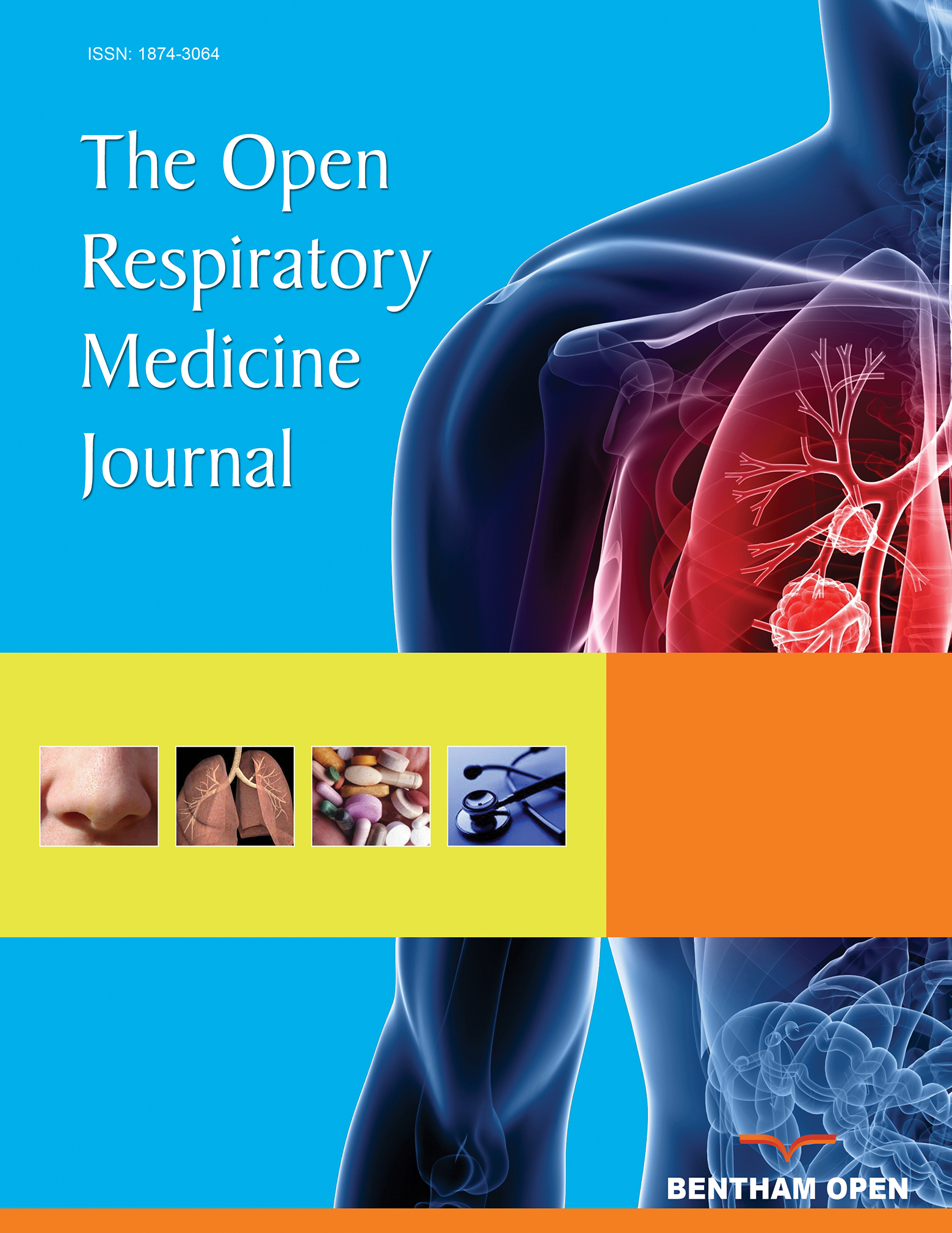All published articles of this journal are available on ScienceDirect.
Inhaled Corticosteroids and Secondary Adrenal Insufficiency
Abstract
Inhaled corticosteroids (ICS) have been used as first line treatment of asthma for many decades. ICS are a form of exogenous glucocorticosteroids that can suppress the endogenous production of glucocorticosteroids, a condition known as adrenal suppression (AS). As a result, cessation, decreasing the dose or changing the type of ICS may trigger features of adrenal insufficiency (AI). AI may cause a spectrum of presentations varying from vague symptoms of fatigue to potentially life threatening acute adrenal crises. This article reviews the current literature on ICS and AI particularly in adults (although majority of data available is from the paediatric population). It aims to increase awareness of the potential risk of AI associated with ICS use, delineate the pathogenesis of AI and to provide recommendations on screening and management. From our literature review, we have found numerous case reports that have shown an association between ICS and AI particularly in children and patients using high doses. However, there have also been reports of AI in adults as well as in patients using low to moderate doses of ICS. To conclude, we recommend screening for AI in select patient groups with an initial early morning serum cortisol. If results are abnormal, more definitive testing such as the low dose corticotropin stimulation test may be done to confirm the diagnosis.


